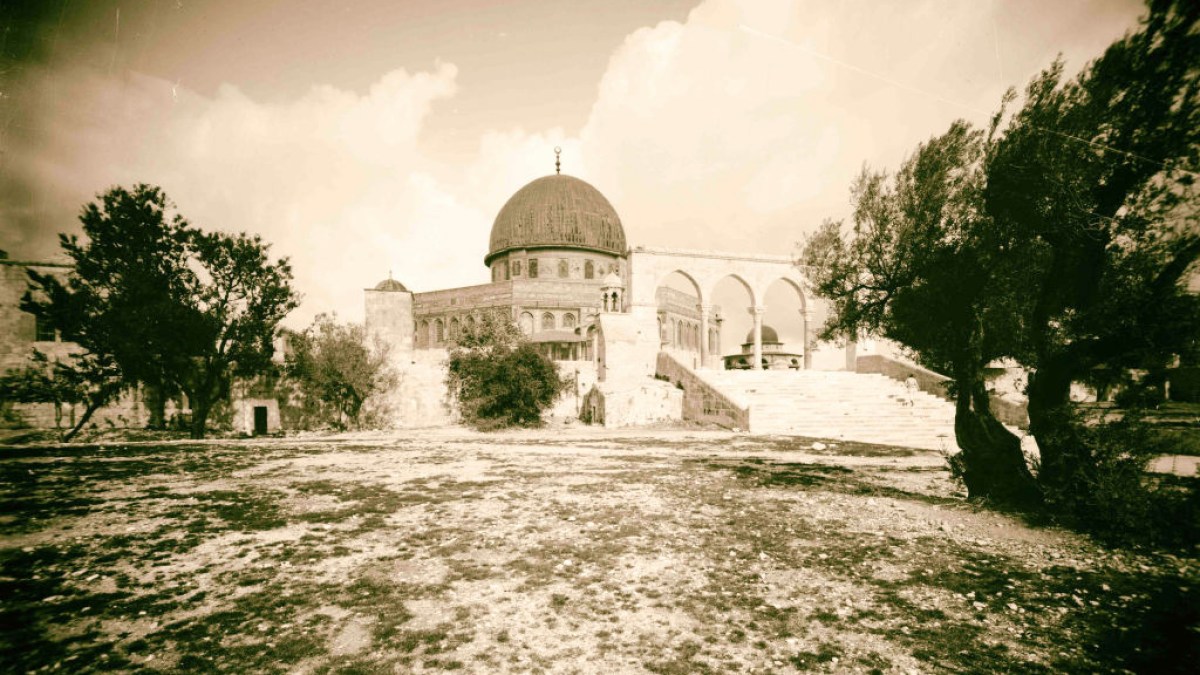𐒋𐒖𐒆𐒔𐒖𐒕𐒈
VIP
CONSTITUTION OF THE STATE OF PALESTINE
GENERAL FOUNDATIONS OF THE STATE
Article (1)
The State of Palestine is a sovereign, independent republic. Its territory is an indivisible unit based upon its borders on the eve of June 4, 1967, without prejudice to the rights guaranteed by
the international resolutions relative to Palestine. All residents of this territory shall be subject to Palestinian law exclusively.
Article (2)
Palestine is part of the Arab nation. The state of Palestine abides by the charter of the League of Arab States. The Palestinian people are part of the Arab and Islamic nations. Arab unity is a goal, the Palestinian people hopes to achieve.
Article (3)
Palestine is a peace loving state that condemns terror, occupation and aggression. It calls for the resolution of international and regional problems by peaceful means. It abides by the Charter of the United Nations.
Article (4)
Jerusalem is the capital of the state of Palestine and seat of its public authorities.
Article (5)
Arabic and Islam are the official Palestinian language and religion. Christianity and all other monotheistic religions shall be equally revered and respected. The Constitution guarantees equality in rights and duties to all citizens irrespective of their religious belief.
GENERAL FOUNDATIONS OF THE STATE
Article (1)
The State of Palestine is a sovereign, independent republic. Its territory is an indivisible unit based upon its borders on the eve of June 4, 1967, without prejudice to the rights guaranteed by
the international resolutions relative to Palestine. All residents of this territory shall be subject to Palestinian law exclusively.
Article (2)
Palestine is part of the Arab nation. The state of Palestine abides by the charter of the League of Arab States. The Palestinian people are part of the Arab and Islamic nations. Arab unity is a goal, the Palestinian people hopes to achieve.
Article (3)
Palestine is a peace loving state that condemns terror, occupation and aggression. It calls for the resolution of international and regional problems by peaceful means. It abides by the Charter of the United Nations.
Article (4)
Jerusalem is the capital of the state of Palestine and seat of its public authorities.
Article (5)
Arabic and Islam are the official Palestinian language and religion. Christianity and all other monotheistic religions shall be equally revered and respected. The Constitution guarantees equality in rights and duties to all citizens irrespective of their religious belief.


